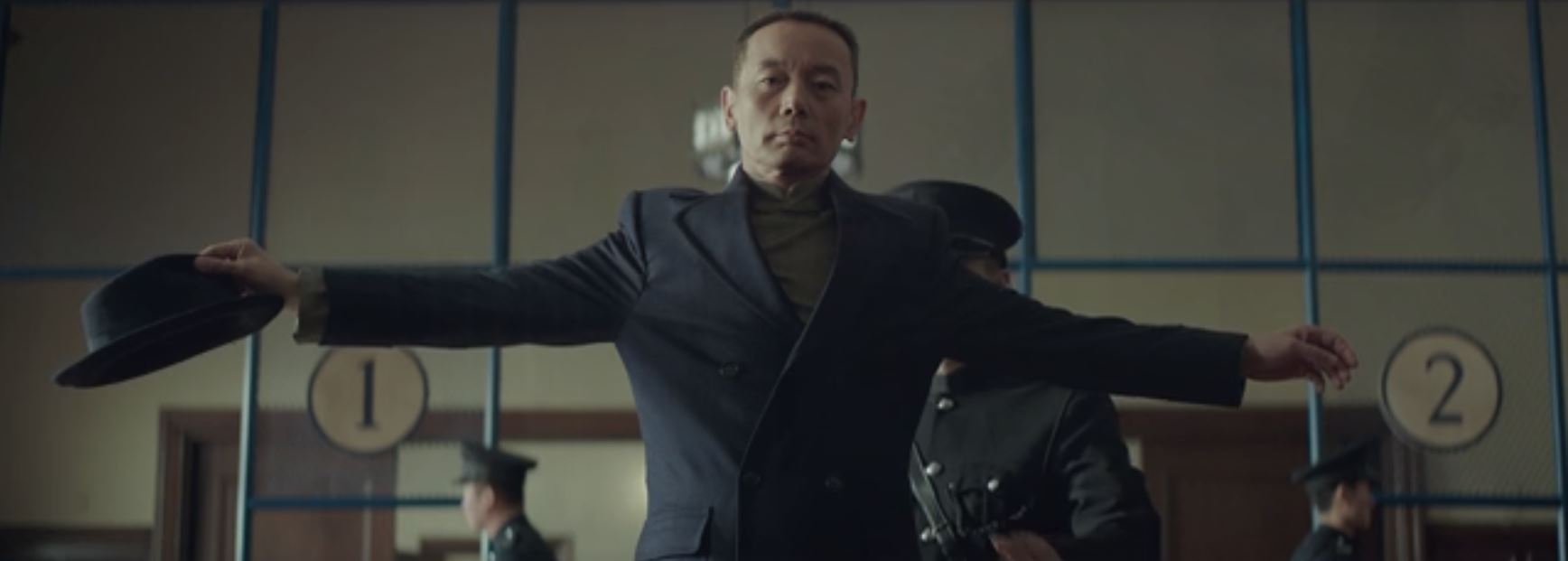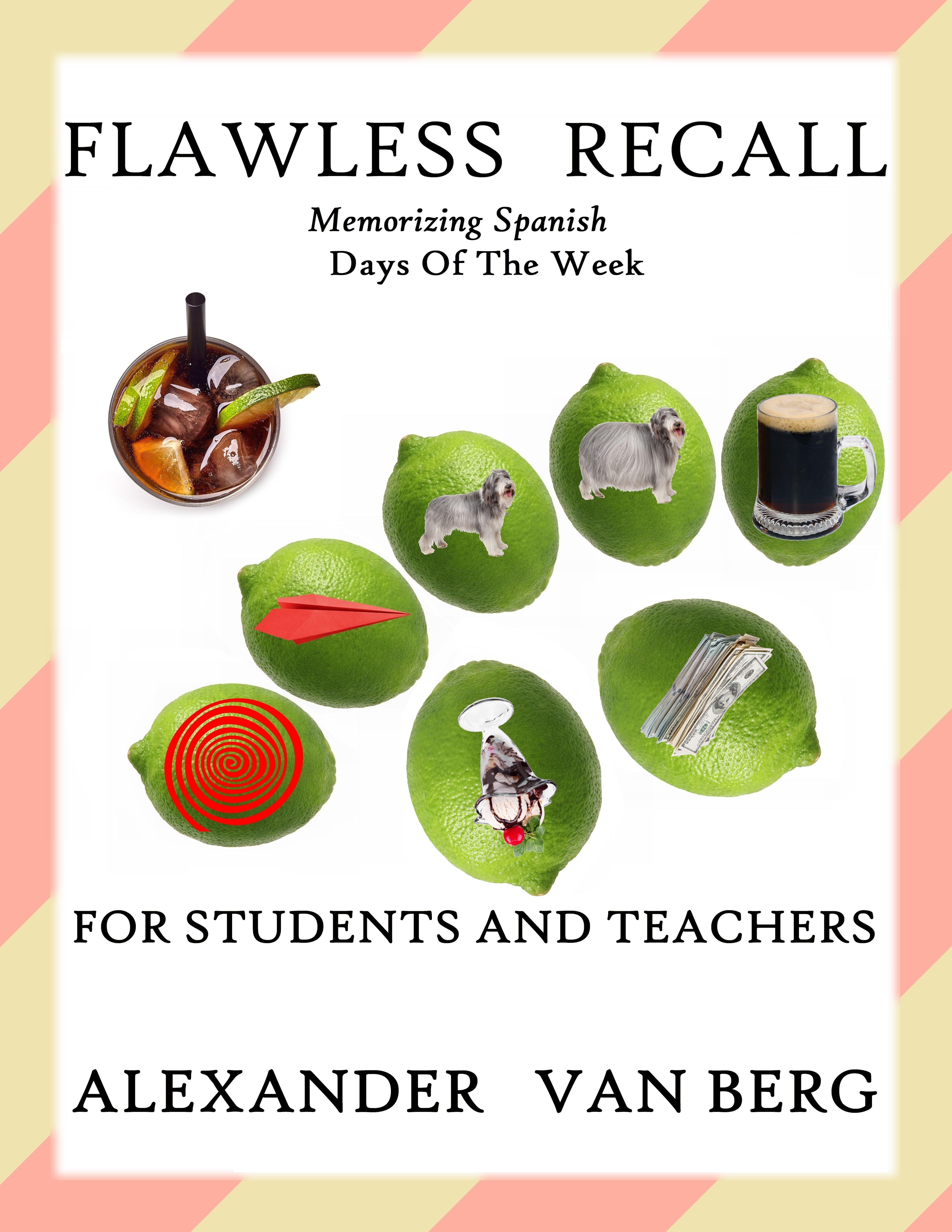Cinematic Vocabulary
If you happened to read one of my older posts, you’d know I’m a fan of Yimou Zhang’s Shanghai Triad.
And if you know anything about me, you know I also like to classify things – perhaps to a dubious level sometimes.
By chance, I recently saw a newer film titled The Wasted Times.
One review on IMDb probably describes it best:
There is not a shot out of place, not a word uttered or note of music that is not just right in this film. I admit I had to watch it twice to get all the nuances. You must listen for when they are speaking Shanghainese or Japanese and you must understand a bit about what was happening in china and shanghai in 1937. There are family ties, triad ties, Japanese secret society ties and love ties. There is betrayal of all these ties. Jumping back and forth in time makes the plot unravel slowly and like a game of mah-jong the final betrayal is revealed when all the tiles are exposed at the end. This is a great movie. It does not have any kung-fu or wire-work or epic slow motion gunfights and white doves – but it is a truly original masterpiece. I recommend it to anyone who wants to see a thoughtful movie and be challenged by what a great piece of cinema is.
So what is the relationship between Shanghai Triad and The Wasted Times? Well, Hollywood has started to develop a vocabulary for this, and it includes terms like reboot, remake, and re-imagining.
But The Wasted Times doesn’t seem to really match any of those terms. I’d contend The Wasted Times is a spiritual successor to Shanghai Triad, where a spiritual successor would be one or two levels beyond a re-imagining. It’s adopting the environment, the general context, and the era, but not any of the specific characters, relationships, or plot lines.
If you enjoyed Shanghai Triad, do yourself a favor and see The Wasted Times. I have to admit, I was touched by the final scenes – complete with an alien form of chivalry. It was extremely well done. In fact, everything was very well done, and it tends to suggest the setting in these two films (1930s Shanghai) really lends itself to a cinematic rendering. Something about 1930s Shanghai tends to be very crisp, and very compelling, with plenty of surface area for an artist to work with.
Although I probably wouldn’t agree with all of the director’s viewpoints, it’s very hard to argue with the quality of the film. The Wasted Times is a very worthy and a very formidable spiritual successor to Shanghai Triad.

And now for the dubious levels of classification.
This film incorporates a creative device that I have never seen any vocabulary for: At the end of the film, the main characters briefly meet in a completely different setting for the final resolution.
I think my mental shorthand for this is a Point-Break-style ending, although there are obviously other films that have the same device.
In The Wasted Times, as in the original Point Break, this style of ending works because it further pronounces and embellishes key traits for some of the characters.

